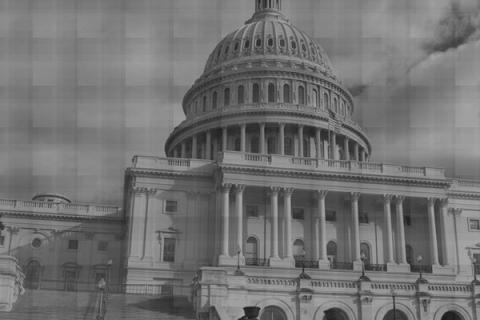There’s something seriously wrong with our banking system, and we’re failing to fix it on a federal level. But, the solution is right in front of our noses: regulate banking on a state-by-state basis, just as we regulate utilities.
The problem lies in banking’s desire to maintain an earnings level undiminished from the days prior to the real estate bust. Most of us have taken a hit since then, and accepted lowered expectations for our income. Not banking. The industry has countered every attempt to control consumer costs with increased fees in non-covered areas.
The answer is to regulate banking on the basis of rate of return, not on a set of easily manipulated rules. Rate of return regulation by state utility commissions has served us well for more than a century, and has made utilities what they are supposed to be: public services with “guaranteed” steady income, but at restricted and controlled profitability.
The mentality of management can never become overreaching when state regulators set responsible limits on profitability. It’s true that innovation is somewhat limited under regulation, but banking can and should live with those limits. As we have seen over the past two to three decades, innovation in banking has resulted in a dangerous loosening of financial strictures. There are no significant advances for society when banks are free to make all the money they want. In fact, the real estate boom and bust is a direct result of unfettered innovation in banking.
Bankers do not make products; they ensure the distribution of capital that entrepreneurs and manufacturers can use to produce goods and services. In the same way, utilities enable businesses to operate by distributing power, water or communications services. But unlike utility executives, bankers have earned huge returns for enabling others to produce.
There is no incentive for bankers to create wealth for others through the production of goods in the United States – only to create wealth by achieving the highest return on dollars. This mentality has resulted in an amoral business that operates with little concern for the greater good of the nation. Limiting rate of return on banking will not eliminate investment in the industries of competing nations, but it will temper the need to do so and create a level playing field for U.S. entrepreneurs.
State regulators have not been perfect in their regulation of public utilities, but there is a long history of effectiveness at creating a public service mentality within the utility industry. Californians are well aware of the risks of deviating from this regulatory policy. A belief that open markets always result in lower prices led to the Enron fiasco when unbridled greed was unleashed on a public necessity.
Why will state regulation work when federal efforts have failed? Because “divide and conquer” works more effectively against powerful lobbies than a direct national assault on a single industry.
There are plenty of arguments against state regulation of banking. For one, banking is not a “natural monopoly” as is water and electricity. But times have changed and banking has become an out-of-control money machine for wealthy executives and young college graduates with declining benefits for our nation. It must be fixed. And it is clear that federally instigated regulation will never have the teeth required to resolve the problems. Let’s take the more conservative approach of putting the power in the hands of state regulators who have a tradition of protecting the public interest.

